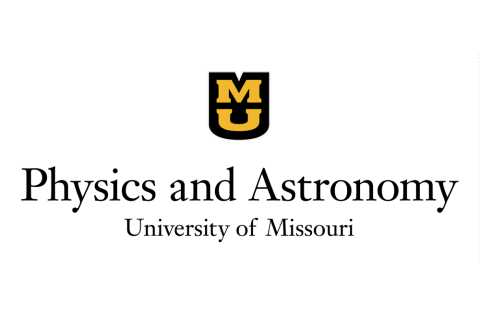Physics and Astronomy faculty accolades
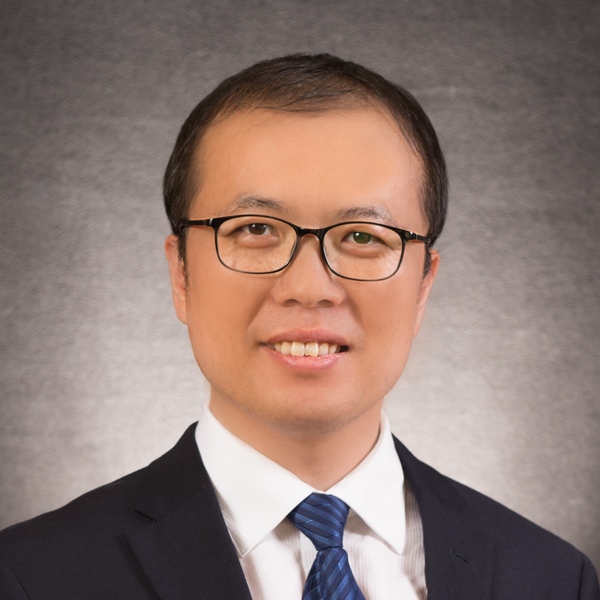
Guang Bian
Professor Guang Bian was awarded the Chancellor’s Award for Outstanding Research and Creative Activity in the Physical and Mathematical Sciences.
The Moore Foundation granted Bians’ group an equipment funding of $150,881 in August 2024. The funding is for the acquisition of an ARS Low-T UHV Nanoscience Probe Station. The probe station is equipped with a closed-cycle cryostat (4.2 K), UHV (<10-10 Torr), multiple probe arms, and an optical window. It is capable of various transport and optical measurements at 4.2K and UHV conditions. The equipment will be connected to the existing MBE system in Bian’s lab. This will mark the first-of-its-kind in situ MBE-ARPES-STM-TRANSPORT-OPTICS (MASTRO) 5-in-1 nanoscience system!
Jacob Cook, a graduate student from Bian’s group, has been selected to receive the 2024 U.S. Department of Energy (DOE) Office of Science Graduate Student Research (SCGSR) award. Jacob will conduct the sponsored project "Moiré confinement of strain-induced topological phase transitions in 2D Van der Waals materials” at Oak Ridge National Laboratory.
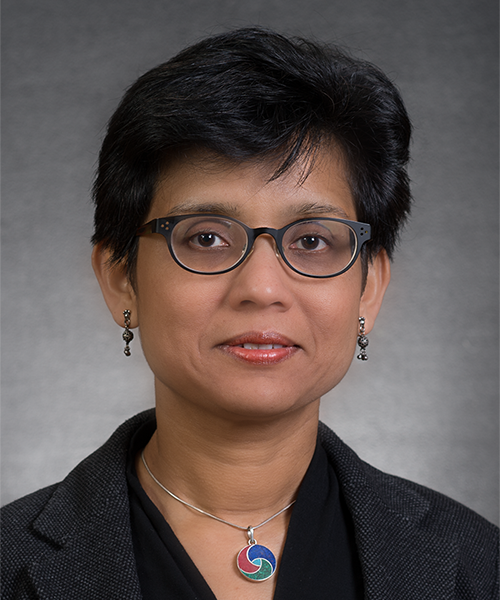
Suchi Guha
Professor Suchi Guha has several new research projects focused on neuromorphic organic devices, and ultrafast and nonlinear spectroscopy. She gave several invited presentations in 2024, including the APS March Meeting in Minneapolis; Nanoseries Conference in Lisbon, Portugal; the International Conference on Science and Technology of Synthetic Electronics Materials in Dresden, Germany; and the Optica Advanced Photonics Congress in Quebec City. She has been invited as a plenary speaker for the 2024 Autoorg Meeting in Self Assembly Structures in Santos, Sao Paulo.
Professor Wendel Alves from the Federal University of ABC, Sao Paulo, spent three months at MU working with Suchi’s group on biosensors.
Graduate student, Randy Burns, successfully defended his PhD in summer 2024 and has recently joined Intel Inc. as a process engineer. Other graduate students working in her group: Arash Ghobadi and Dallar Babaian (co-advised by Prof. Ping Yu) presented their work at the 2024 APS March Meeting and have authored/co-authored several publications.
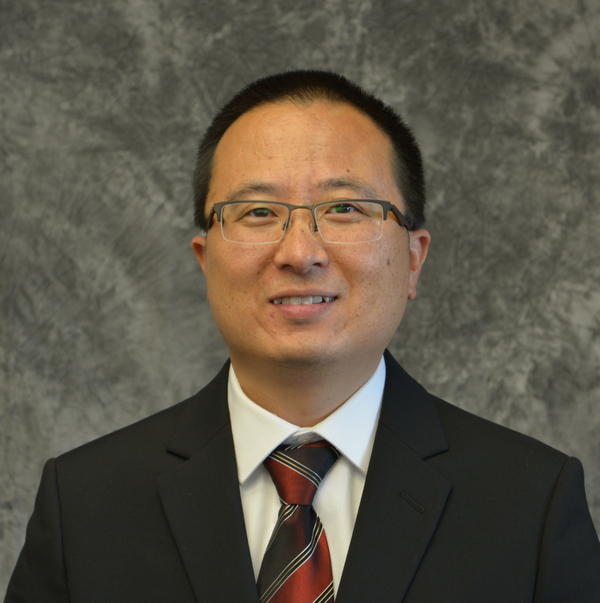
Yicheng Guo
Professor Yicheng Guo studies the morphology of galaxies in the early universe using the data of the James Webb Space Telescope. His group published a paper in the Astrophysical Journal Letters about their surprising discovery that spiral galaxies, similar to our Milky Way, had already been prevalent in the universe when it was only 2 billion-years-old. This result changes the thought that spiral galaxies only appear in large numbers in the recent universe. The first author of the paper, graduate student Vicki Kuhn, presented it in the press conference of the 244th Meeting of the American Astronomical Society in Wisconsin in June 2024. The paper was then reported widely by worldwide media, including Forbes, MSN.com, Sky & Telescope, etc., potentially reaching 200 million people.
With the help of graduate students, including Teja Teppala, Charles Mentzer, Bangzheng Sun, and Gourab Nandi, and faculty members, Guo coordinated the efforts of holding viewing parties during the fall 2023 and Spring 2024 solar eclipses in a few locations in Missouri, reaching more than 2,500 Missourians.
Graduate student Teja Teppala received many awards for his constant dedication to public engagement, outreach, and educational programs, including:
- Rollins Society Class of 2024
- Sandra K. Abell Science Education Award and the Mary Elizabeth Gutermuth Award for Community Engagement
- Remington R. Williams Award
- ALMA Ambassador with the North American ALMA Science Center (NAASC), National Radio Astronomy Observatory
Undergraduate students Ellie Gates and Julianna Bayless represented Mizzou at the 2024 Undergraduate Research Day at the Missouri State Capitol. Their research uses a serendipitously discovered galaxy-galaxy gravitational lensing system in JWST images to unveil the mysterious dark matter.
Undergraduate Jayden Francois received Mizzou’s 2024 Award for Academic Distinction, one of the highest honors MU offers based on academic distinction.
Students from Guo’s group actively participated in professional conferences. Alec Martin presented his work in several conferences; Vicki Kuhn won 3rd place in the graduate competition and Jayden Francois won 1st place in the undergraduate competition of the Physical and Mathematical Sciences Division at Show Me Research Week.
Guo and Vicki Kuhn were on the organizing committee of the American Physical Society’s Conference for Undergraduate Women in Physics (CUWiP) held at Missouri S&T, Rolla, MO. The goal of the three-day regional conference is to help undergraduate women continue in physics by providing them with the opportunity to experience a professional conference, information about graduate school, and professions in physics.
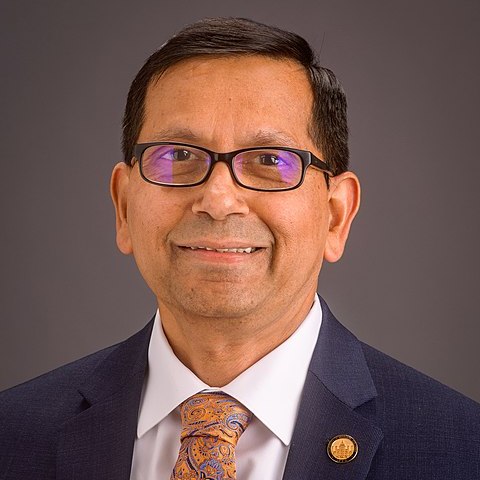
Kattesh Katti
Curators' Professor of Physics & Radiology Kattesh Katti completed work on a grant in South Africa as a Fulbright Specialist. Selected for the U.S. Department of State Fulbright Specialist Program, Katti led nano-ayurvedic medicine research at the University of Johannesburg in South Africa from July 2-Aug. 12. He is recognized as one of the world’s leading experts in green nanotechnology and nanomedicine.
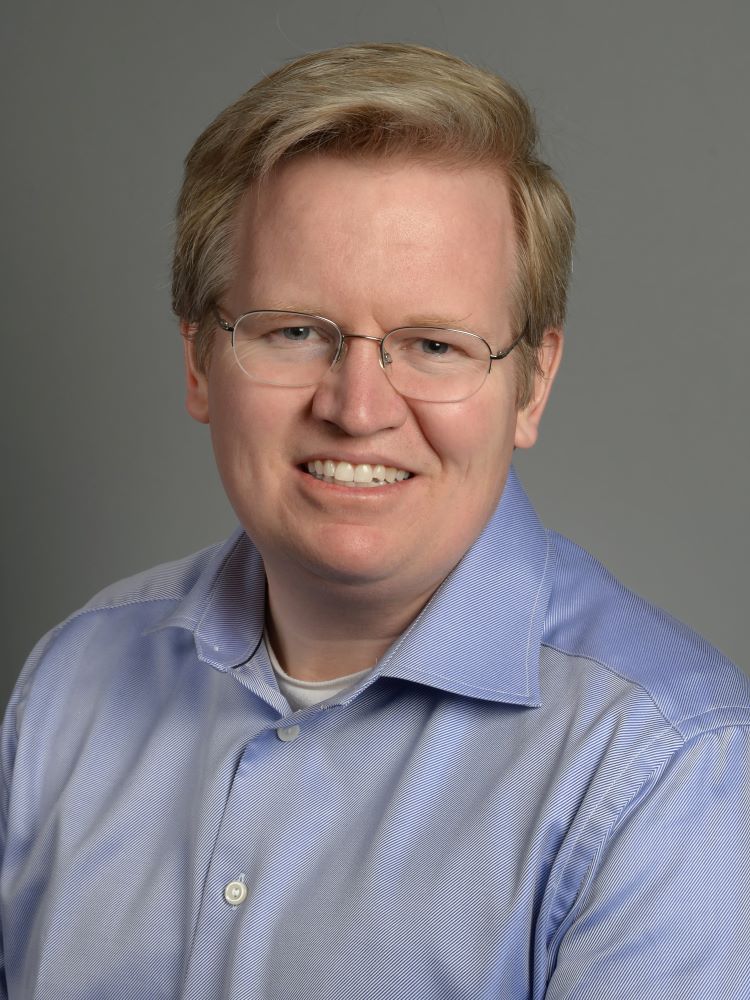
Gavin King
In summer 2024, Professor Gavin King’s laboratory bid a heartfelt farewell to three excellent and longstanding researchers: Dr. Katherine Schaefer (PhD 2022, Postdoc 2022-2024), Dr. Dylan Weaver (PhD 2024), and Elizabeth Conley (BS 2024).
Katherine Schaefer’s research in the lab involved developing and deploying advanced single molecule atomic force microscopy techniques to reveal drug-induced membrane protein conformational dynamics as well as to visualize the mechanism of infections emanating from the common yeast, Candida albicans. This latter line of inquiry resulted in high-profile publications including a manuscript just accepted in Nature Microbiology. Dr. Schaefer is currently pursuing a Doctor of Medicine degree at Washington University in St. Louis, where she obtained a full scholarship. It should also be noted that in addition to her scientific research prowess, Dr. Schaefer is an outstanding artist. Some of Dr. Schaefer’s artwork currently hangs in the King Laboratory (feel free to stop by and take a look!) and her portrait of Prof. Dorina Kosztin is displayed in the Physics Library.
Dylan Weaver’s research in the King lab focused on fundamental studies of protein-lipid interactions. His main PhD work, which was carried out in close collaboration with Prof. Ioan Kosztin’s group, revealed how the length of a protein chain influences the force required to remove the protein from the bilayer. In fall of 2024 Dr. Weaver started a tenure track Assistant Professorship in the Physics Department at the University of Wisconsin, Eau Claire. All the best to Prof. Weaver as he starts out at his new post!
Elizabeth Conley worked in the King laboratory for several years as an undergraduate researcher. In the course of her research Conley identified several shortcomings of a conventional software package used to analyze atomic force microscope images of polymers. Frustrated by the limitations of the existing software, Conley developed her own method to overcome the drawbacks. We currently have a manuscript under review (with Conley as first author) describing the details of her new algorithm called “PS Poly”.
All of these contributions were made possible by grants from the NSF, NIH, and the MU Research Excellence Postdoctoral Program.
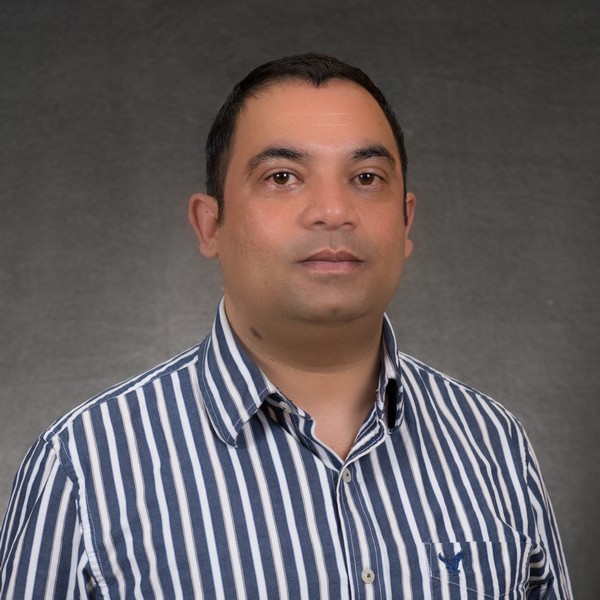
Deepak Singh
Associate Professor Deepak Singh's work on magnetism in nickel monosilicide was highlighted on the U.S. Department of Energy's website, titled “A Surprising Discovery: Magnetism in a Common Material for Microelectronics.”
For the first time, Singh’s research group discovered magnetic order at high temperature in a metal widely used by the electronics industry. Harnessing the newly discovered magnetism of NiSi in semiconductors may lead to faster computers and computer memory.
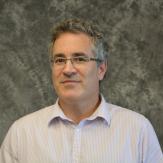
Carlos Wexler
In March 2024, Professor Carlos Wexler was appointed co-director of the University of Missouri Materials Science and Engineering Institute. Wexler also received the Ann K. Covington Award for Mentoring. The award recognizes members of the university faculty or staff who have mentored an undergraduate applicant for at least one nationally competitive fellowship.
In May, Corey Valleroy, an undergraduate researcher in Wexler’s lab, received the University of Missouri Award for Academic Distinction for his senior thesis and paper “Temperature dependence of the near infrared absorption spectrum of single‐wall carbon nanotubes dispersed by sodium dodecyl sulfate in aqueous solution: experiments and molecular dynamics study” (J. Mol. Model. 30, 286 (2024). Valleroy also received the Student Presentation Prize Award during the fall 2023 meeting of the American Physical Society Prairie Section. Valleroy is currently working as an optical engineer at the University of Minnesota.
Professor Karim Sapag is spending an academic year with the department as a Fulbright Scholar-in-Residence hosted by Wexler.
Wexler chaired the American Physical Society Prairie Section meeting hosted by our department.
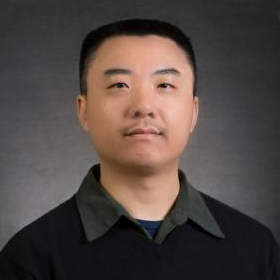
Haojing Yan
Professor Haojing Yan was promoted to full professor in September 2024. He continues leading his team using the data from the James Webb Space Telescope to explore the early Universe. They have found a potential filament structure at redshift of 8.3 (corresponding to 610 million years after the Big Bang), signposted by four "infant" galaxies (less than 30 million years old) crunched into a small volume. These are the youngest (albeit not the earliest) galaxies ever reported in the literature; in other words, we are witnessing the structure in the making. The team has also identified a disk-shape galaxy at redshift of 5.289 (1.1 billion years after the Big Bang), a very early time that the previous theoretical models all said that disk-shape galaxies (i.e., systems dominated by rotation but not random motion) would not have come into being. This galaxy is the second highest-redshift disk galaxy confirmed to date, coming short by only 0.1 in redshift to the champion.
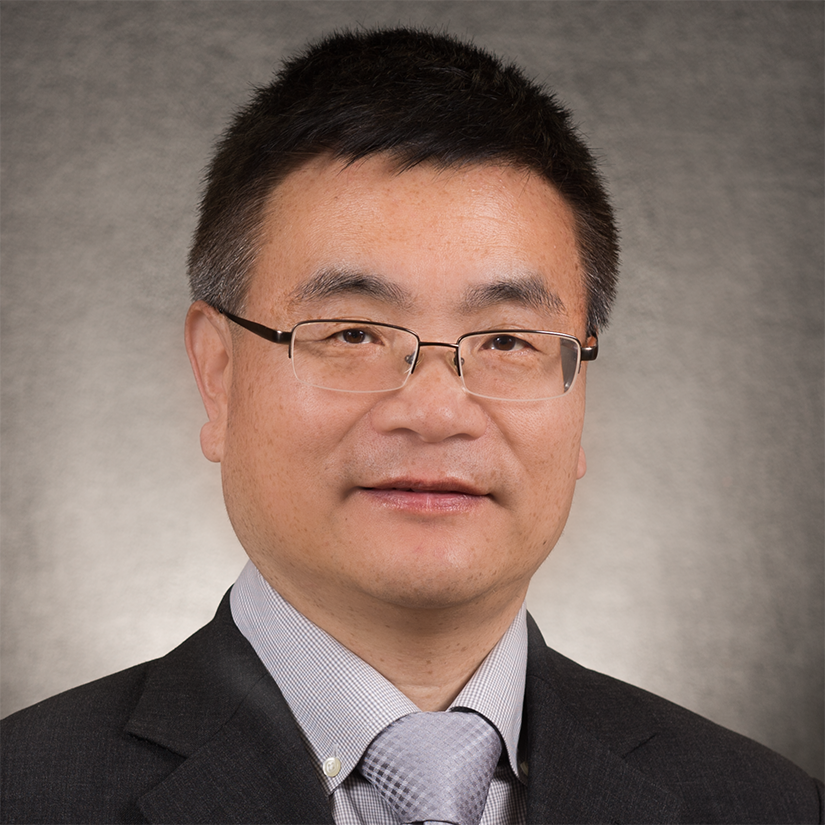
Ping Yu
Professor Ping Yu, along with professors Suchi Guha and Paul Miceli, submitted a proposal to the Mizzou Student Success Enhancement Program resulting in a $100,000 grant for the Reese Optics Laboratory in our department, along with an additional departmental cost share of $17,196. The proposal focuses on enhancing the functionality of the Reese Optics Laboratory, located in room 217 of the Physics Building. The planned upgrades include expanding the space to support more hands-on student experiments, acquiring new instruments for laser and quantum optics, and replacing outdated equipment and computers.
Yu has received a Laser Lab Award from Gentec-EO for his course, Light and Modern Optics. The company has selected 12 institutions from academic organizations worldwide for this award. As part of the award, Gentec-EO will provide a portable photodiode-based laser power meter, valued at $1,500, to support hands-on experiments in the course.
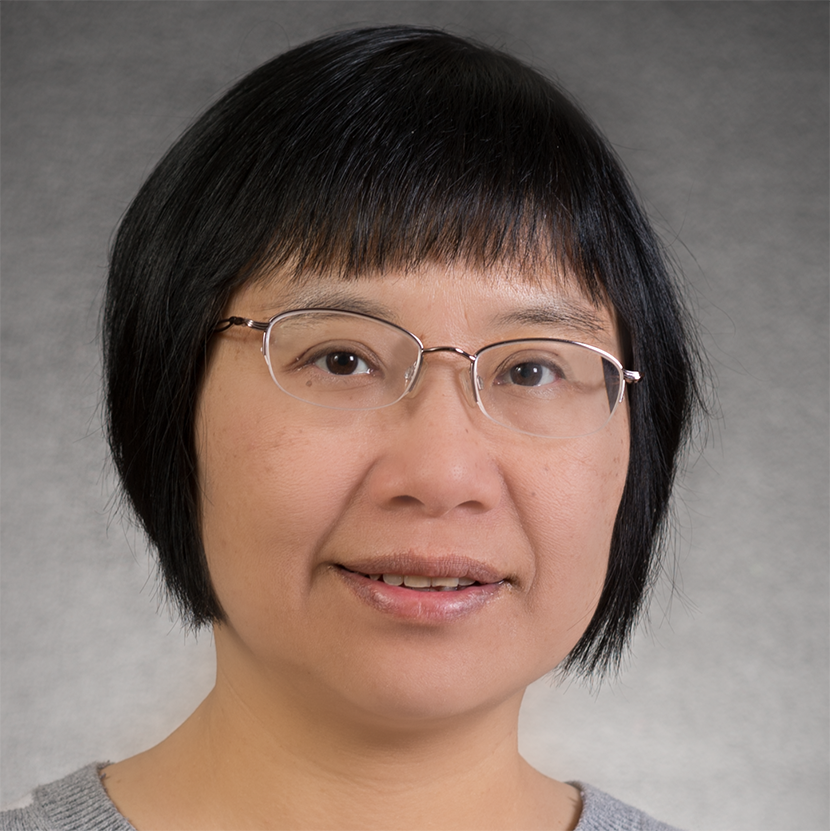
Xiaoqin Zou
Xiaoqin Zou has been named a Curators’ Distinguished Professor by the University of Missouri Board of Curators. The professorship is the highest and most prestigious academic rank the Board of Curators awards. It is awarded to a few select outstanding scholars with established reputations.
Abeeb Ajibade, a physics graduate student in Zou’s laboratory, received the Henry Mitchell Scholarship, funding him as a University of Missouri/University of the Western Cape exchange student for two months. These scholarships are generally awarded annually to one UM System student for study at the University of the Western Cape and one University of the Western Cape student for study at any campus of the University of Missouri System.
